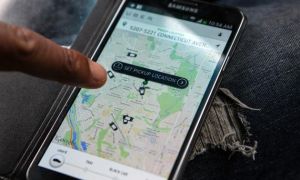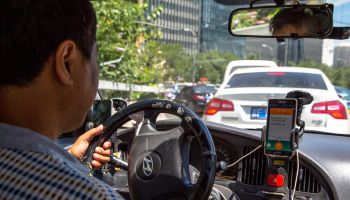Let’s be honest, we all have heard jokes about how hard it is to get a taxi if you are black and brown. It wouldn’t surprise you to know that taxi drivers stop 60 percent of the time for white riders, but less than 20 percent of the time for African American.
However, what is surprising people this morning is the new study released by the National Bureau of Economic Research found that Uber and Lyft drivers treat passengers differently, sometimes even canceling trips because of their prospective passenger’s race and gender.
The two-year study had researchers hailed nearly 1,500 rides in Seattle and Boston, then compared the riders’ experiences.
“In Boston, they found UberX drivers were nearly three times as likely to cancel a male passenger’s ride if he had a “distinctively black name” instead of a “white sounding” one. Lyft drivers, in contrast, didn’t cancel on African-American riders. Researchers speculate that’s because the Uber app only shows a rider’s name and photo once they’ve accepted the trip, forcing drivers to cancel after they’ve already agreed to pick up the passenger. Lyft’s app contains more upfront information, meaning drivers can discriminate without needing to accept the trip first.”

Source: The Washington Post / Getty
Female passengers were more likely to get cheated on longer rides while be flirted by drivers on both rideshare platforms.
Both Uber and Lyft have been reached out for comment and say that this type of behavior is not tolerated.
“We are extremely proud of the positive impact Lyft has on communities of color. Because of Lyft, people living in underserved areas – which taxis have historically neglected – are now able to access convenient, affordable rides,” said Lyft’s Director of Policy Communications Adrian Durbin.
“Discrimination has no place in society, and no place on Uber. We believe Uber is helping reduce transportation inequities across the board, but studies like this one are helpful in thinking about how we can do even more,” said Uber head of North American operations Rachel Holt.
Have you ever had a similar experience in a Uber, Lyft or taxi?
















